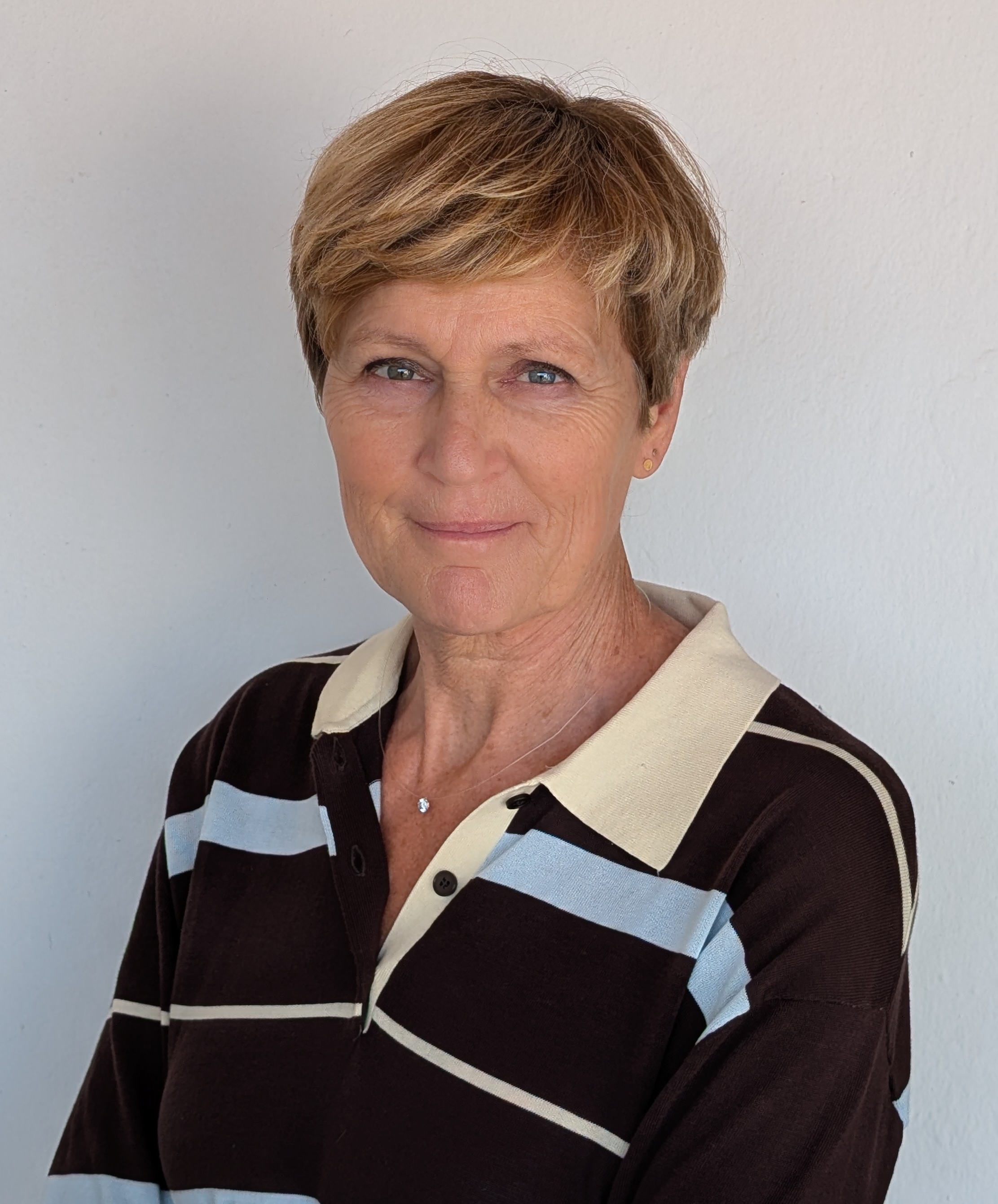Mediation
Mediation, what does it stand for?
If you choose mediation, you choose to keep control over your conflicts as ex-partners or as parents. You choose to settle the parenthood issues, separation or divorce yourself, through dialogue rather than battle. As ex-partner and as parent, you are in the best position to search and find out what works best for you and your children. Only settlements which all parties can relate to can withstand time. These settlements will be put in a written agreement.
The mediator can help you with this. She takes no sides in the conflict. She guides the ex-partners during the mediation sessions to communicate and find solutions. She guards the interests of both ex-partners and of the children.
Mediation, how does it work?
You make an appointment, by phone or e-mail. At the beginning of the mediation process a separate meeting with each participant is a possibility. Subsequently, the meetings always take place in the presence of both ex-partners. There is no fixed number of meetings, nor is there a prescribed regularity, as mediation is ‘custom made’. Most couples need between five and eight sessions.
A meeting takes up to 2 hours. It is possible to schedule a meeting during the day or in the evening.
Legal aspects of a mediation?
The result of a mediation is a written agreement.
For a divorce by mutual consent (‘Echtscheiding Onderlinge Toestemming‘ or EOT), the ex-partners need to agree on their assets, alimony, parental authority, residence and costs of the child or children. The ex-partners go to the court with this written agreement, in order to get a divorce judgement.
Other agreements (separation as not married, trial divorce, parenthood agreements) can be taken to a notary or a judge. This will make the agreements inforceable.
What if mediation does not work?
Mediation is based on voluntary participation. One of the ex-partners can always stop the mediation. A court procedure always remains possible.
The mediation sessions are entirely confidential and what has been said or written can not be used during any later court procedure.
Voluntary mediation or judicial mediation?
In case of a voluntary mediation both ex-partners choose to go the mediatior. It is still possible to start a mediation after a court procedure has started.
A judicial mediation means that the Family Court Judge asks both parties to contact a mediator to work on their communiation and try and work out an agreement about the child or children. A judicial mediation is also voluntary: mediation is always based on voluntary participation of each of the ex-partners.
Prices
The hourly rate for a mediation session is €120. An individual meeting is €60 per hour. A file fee of €120 will be charged for initiating judicial mediation. The hourly rate of €120 applies to preparing, drawing up, and finaliwing an agreement. Costs for preparing and submitting the agreement and dossier to the court will also be charged.
Experience

In the spring of 2011 I started my practice as a family mediator, accredited by the Federal Mediation Commission. For several years I worked as a freelance mediator with the welfare organisation CAW in Vilvoorde and Tervuren. I took my mediation training in VCOK and the Mediation Instituut Vlaanderen (Mediv). Mediation has been my choice for conflict resolution for many years. Before I was a family mediator I worked as a victim-offender mediator (Alba) and as an ‘ombudsperson’ in the field of mental health (Vlabo vzw).
In 2016 I became a KIES-coach, and lead play and talk groups for children caught up in a divorce. I took a course in Developement Psychology at the Interactie-academie in Antwerp.
I have a Masters in law degree at KULeuven in 1991. Until January 2025 I worked as a lector in the college of higher education Odisee in the bachelor Family Sciences Gezinswetenschappen in Brussels. I regularly take training and join seminars and I am subject to the ethical code of conduct of the Federal Mediation Commission.